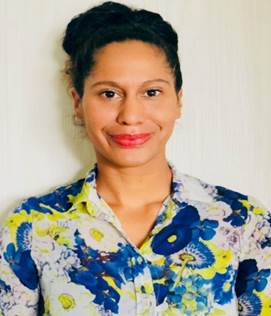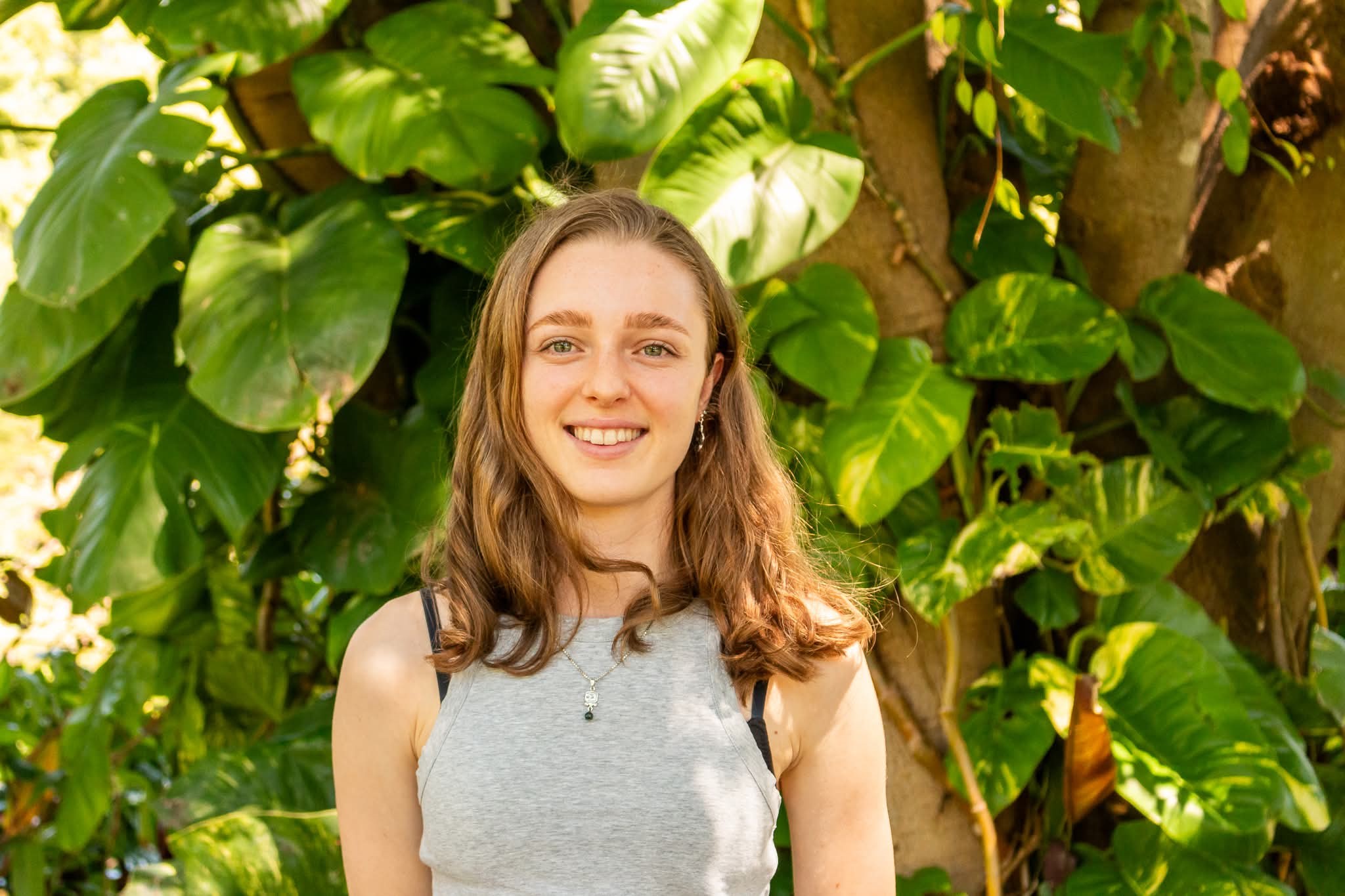Rachel Sapery James is the Lead for Coral Reef Rescue Initiative. Rachel has worked with WWF since 2021, moving across from her previous role as Senior Manager Blue Pacific where she has provided strategic leadership, technical advisory, program management and coordination to WWF-Australia supported Pacific programs.
With 17 years of professional experience across Government Policy and Administration, to Sustainable Finance, Industry Social & Environmental Compliance and Management, to local community-based NGOs and humanitarian organizations, to Research, Teaching and Lecturing at Universities.
Rachel is a dedicated marine biologist at heart, passionate about protecting oceans, coral reefs, and marine conservation. Rachel studied a double bachelor's in Marine Biology and Aquaculture, completing her Postgraduate Research studies at James Cook University, Townsville. Rachel completed the Master of ISATEC program at Bremen University’s Leibniz Centre for Tropical Marine Research. Rachel brings expertise, experience, and leadership from the Coral Triangle, Pacific Region on climate resilience, climate policy advocacy, sustainable coastal, coral reef fisheries, and integrated coastal ecosystem management (Ridge to Reef). Rachel has led and championed regional environmental campaigns, the Bank South Pacific’s Go Green against plastic pollution.
Rachel is a proud daughter of Siavun Clan, Lovongai, New Hanover, New Ireland Province, Papua New Guinea. Rachel has an infectious passion for community-led conservation, elevating traditional Indigenous knowledge and traditional governance protocols safeguarding marine management areas and marine conservation. Rachel volunteers as a member and senior mentor with Sea Women Great Barrier Reef (SWGBR) and Sea Women Melanesia (SWOM) Programs. Rachel spends her spare time outdoors, swimming, surfing, and boogie boarding with her daughter Nama (mini panda).


















